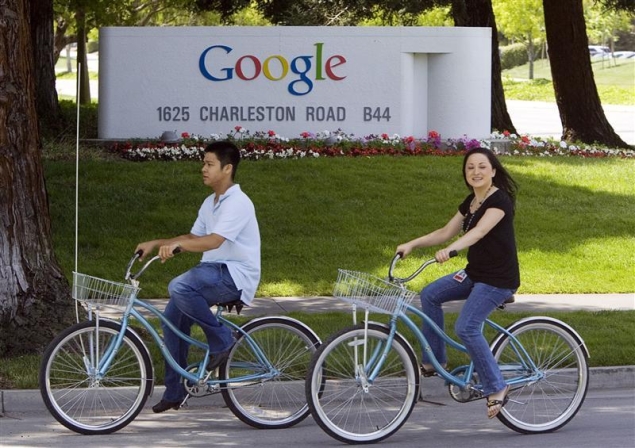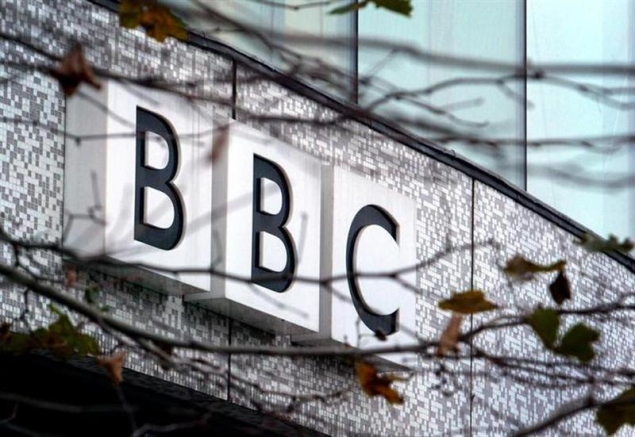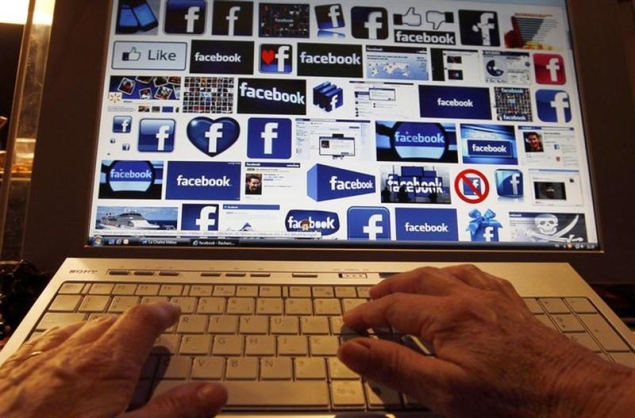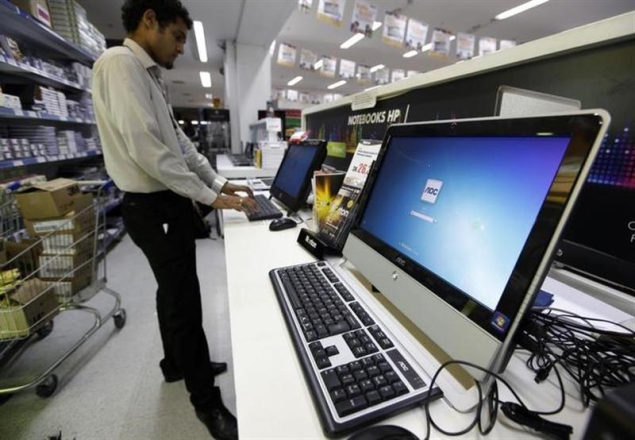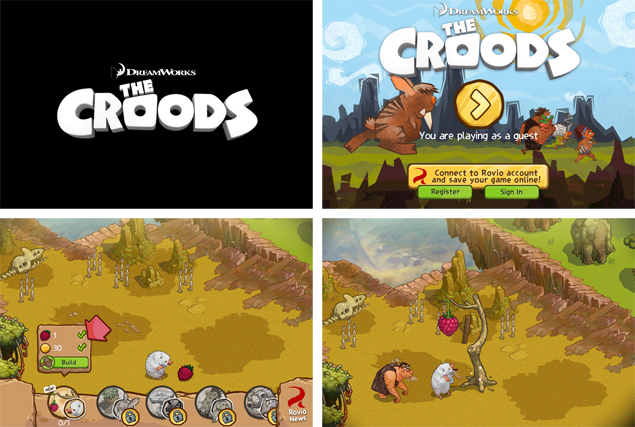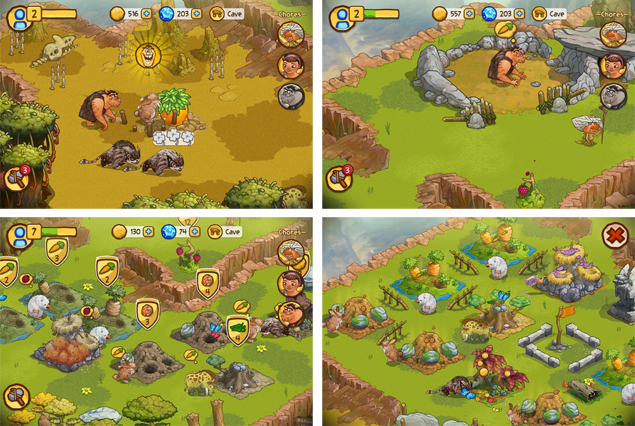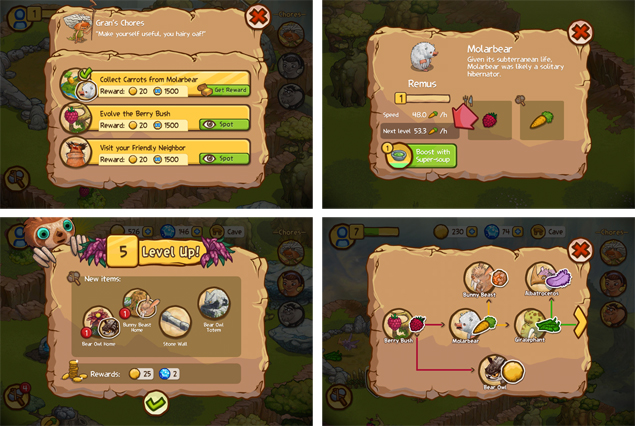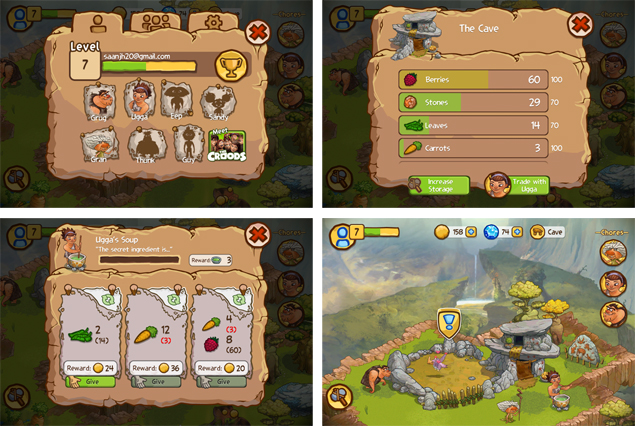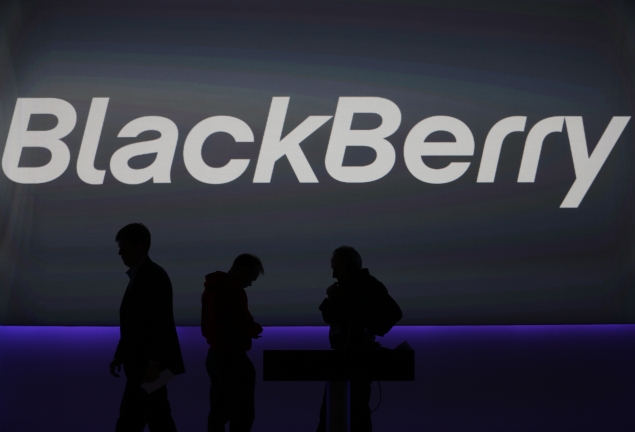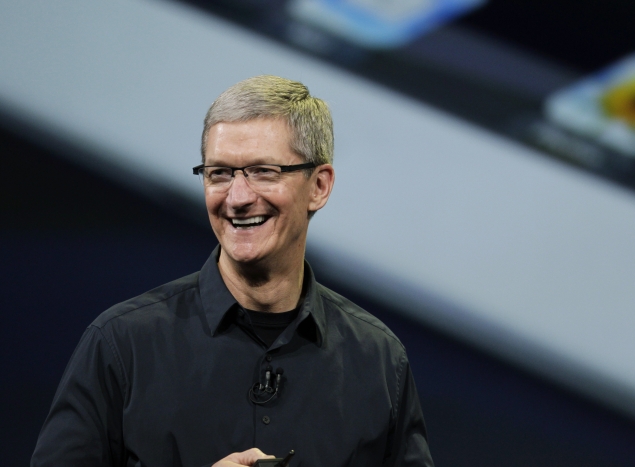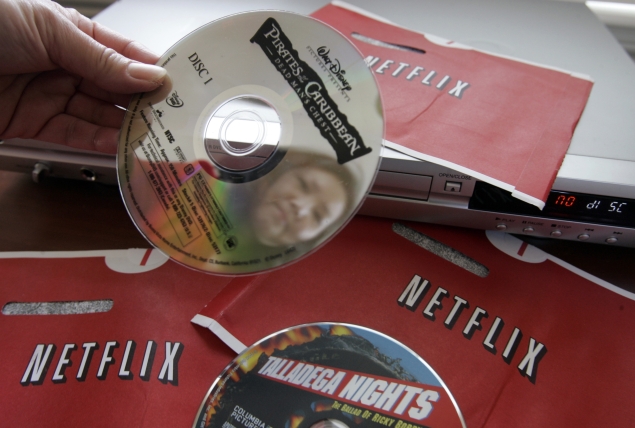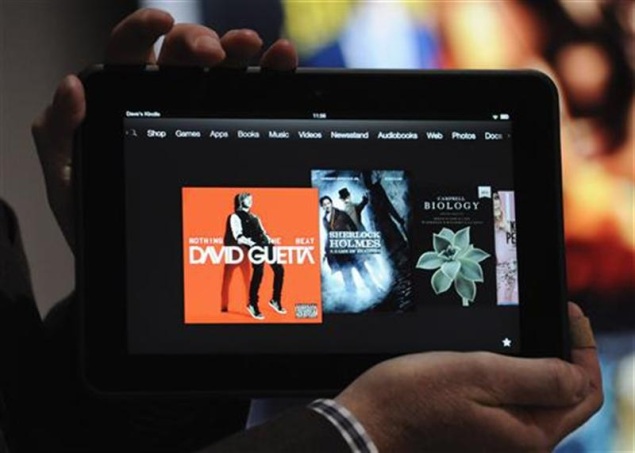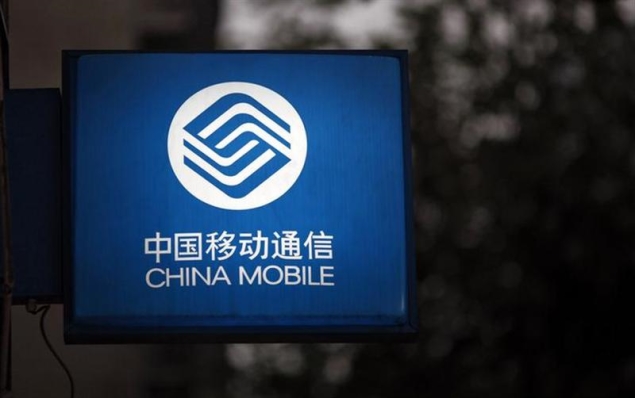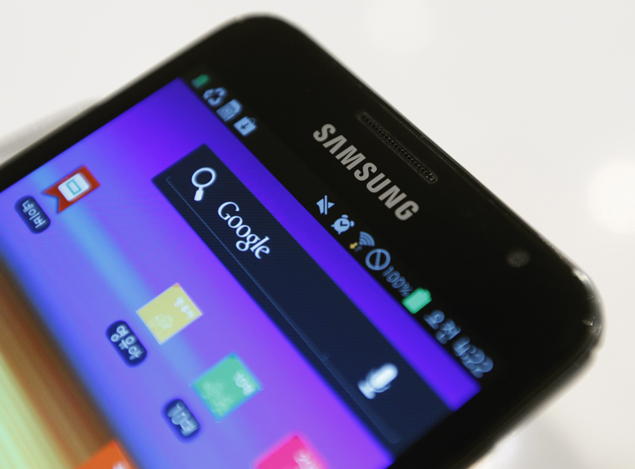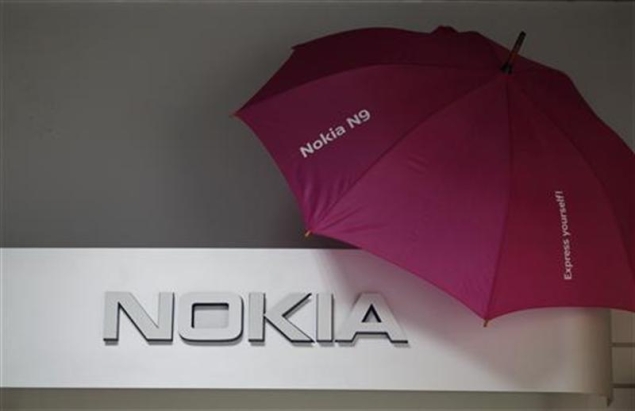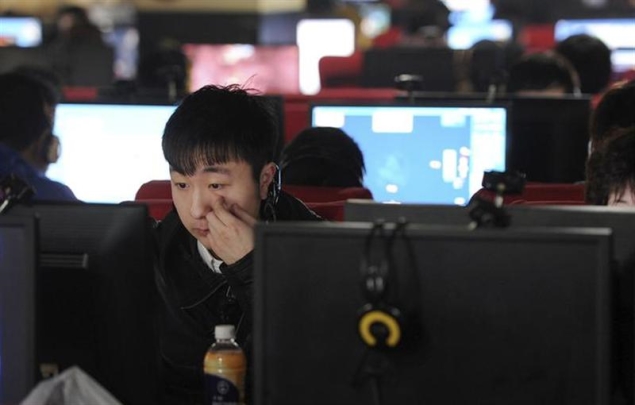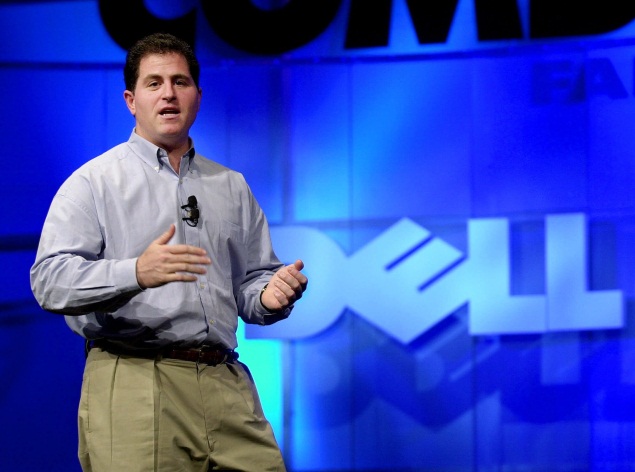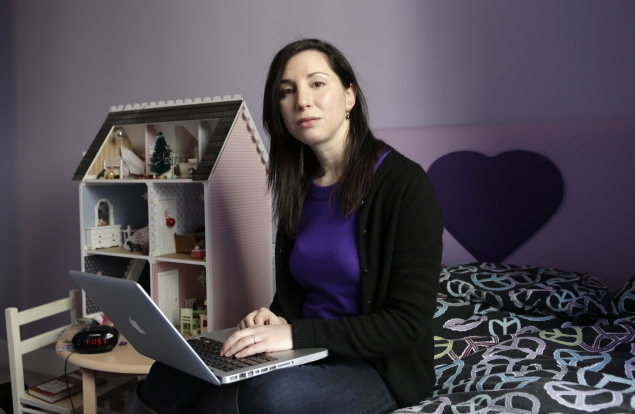 Relieved your kids aren't posting embarrassing messages and goofy self-portraits on Facebook? They're probably doing it on Instagram and Snapchat instead.
Relieved your kids aren't posting embarrassing messages and goofy self-portraits on Facebook? They're probably doing it on Instagram and Snapchat instead.
The number of popular social media sites available on kids' mobile devices has exploded in recent years. The smartest apps now enable kids to chat informally with select groups of friends without bumping up against texting limits and without being monitored by parents, coaches and college admissions officers, who are frequent Facebook posters themselves.
Many of the new mobile apps don't require a cellphone or a credit card. They're free and can be used on popular portable devices such as the iPod Touch and Kindle Fire, as long as there's a wireless Internet connection.
According to the Pew Research Center's Internet and American Life Project, more than three-fourths of teenagers have a cellphone and use online social networking sites such as Facebook. But educators and kids say there is plenty of anecdotal evidence to suggest that Facebook for teenagers has become a bit like a school-sanctioned prom - a necessary rite of passage with plenty of adult onlookers - while apps such as Snapchat and Kik Messenger are the much cooler after-party.
Educators say they have seen everything from kids using their mobile devices to circulate online videos of school drug searches to male students sharing nude pictures of their girlfriends. Most parents, they say, have no idea.
"What sex education used to be - it's now the 'technology talk' we have to have with our kids," said Rebecca Levey, a mother of 10-year-old twin daughters who runs a tween video review site called KidzVuz.com and blogs about technology and educations issues.
Eileen Patterson, a stay-at-home mom of eight kids in Burke, Va., said she used to consider herself fairly tech savvy and is frequently on Facebook, but was shocked to learn her kids could message their friends with just an iPod Touch. She counts nine wireless devices in her home and has taken to shutting off her home's Wi-Fi after 9 p.m., but Patterson calls her attempt to keep tabs on her kids' online activity "a war I'm slowly losing every day."
"I find myself throwing up my hands every now and again," Patterson said. "Then I'll see something on TV or read an article in the paper about some horrible thing that happened to some poor child and their family, and then I try to be more vigilant. But the reality is, I'm stupid" when it comes to social media.
Mobile apps refer to the software applications that can be downloaded to a mobile device through an online store such as Apple's iTunes. According to the Federal Trade Commission, there are some 800,000 apps available through Apple and 700,000 apps on Google Play.
Among the most popular mobile apps among kids is Instagram, free software that digitally enhances photos and posts them to your account online. The photos can be shared on other social media sites such as Facebook, which bought Instagram last year.
Then there's Snapchat, among the top 10 free iPhone apps available. Coined by the media as the "sexting" app, Snapchat lets you send a text, photo or video that self-destructs within 10 seconds of being opened.
Kik Messenger also allows unlimited texting for free and offers anonymity to its users. Able to run on an iPod Touch or Kindle Fire, Kik allows vague user names - for example, a nickname or a string of random digits - that won't reveal a person's real name or phone number.
But as with anything online, each of these apps comes with serious caveats.
Snapchat, for example, acknowledges on its Web page that its messages aren't guaranteed to disappear: Anyone receiving a text or photo can use their 10 seconds to capture a "screenshot," or photo of their device's screen, and save that image to their phone. Video also can be downloaded, although Snapchat says it alerts senders when their data is saved.
Instagram is generally considered pretty tame as long as kids adjust their privacy settings to limit who can see their photos and don't post nudity, which could subject them to child pornography laws. But Levey points out that many parents don't know their kids are on Instagram until there's trouble - usually when kids post photos at parties, and other kids who aren't invited see them.
Dale Harkness, a technology director at Richmond-Burton Community High School in Richmond, Ill., said parents often will hand their kids a mobile device without understanding exactly what it can do. He estimates that even without the latest social media app, the average high school student probably transmits some 150 texts a day.
"It's not anything that every parent and grandparent hasn't already seen," Harkness said. The problem, he adds, is the actions "get documented, replayed and sent around," and kids "forget how fast it moves and how far it goes."
That was the case at Ridgewood High School in Ridgewood, N.J., where a male student allegedly took a screenshot of nude pictures sent to him by female classmates via Snapchat, then posted the pictures on Instagram. According to a letter to parents by the school district's superintendent that was later posted online, police were warning students to delete any downloaded pictures by Monday or face criminal charges under child pornography laws.
There are general security concerns too. A recent report by a cyberthreat research company, called F-Secure, found that some of the new social networking sites have become ripe targets for spreading malware and propagating scams.
In January, the FBI arrested a 27-year-old man in Los Angeles who allegedly hacked into hundreds of social media and email accounts, including Facebook and Skype, and found naked photos and personal passwords that women had stored online. He used the naked photos to try to coerce women into disrobing for him via Skype and threatened to post their private photos to their Facebook accounts if they refused to comply, according to the indictment.
Also worth noting is that almost every mobile app available collects some kind of personal data, such as a person's birthdate or the location of their phone, and shares that information with third parties for marketing purposes. While a new regulation by the Federal Trade Commission this year is aimed at keeping advertisers from tracking kids younger than 13, most social media apps require that a person promise to be at least 13 when they sign up, thereby exempting themselves from the tougher privacy restrictions.
Rep. Ed Markey, a Massachusetts Democrat who is co-chairman of a House caucus that examines privacy issues, said he'd like to see legislation that would give kids under 15 the right to delete photos or texts that wind up elsewhere online. The prospect, however, is unlikely in a Congress dominated by debates on federal spending and gun control, and raises practical questions about how such a law could be enforced.
"I believe that our children have a right to develop, to grow up and to make mistakes," Markey said. "Nobody should be penalized for something they posted when they were 9 years old."
Several consumer advocates actually recommend exposing their kids to social media sites earlier than age 12, when they're more receptive to hearing lessons about online etiquette and safety.
For example, Levey links her kids' devices to her iTunes account so she's aware of any program they download. She also requires that her kids "friend" her on every program and follow certain ground rules: protect your passwords, set your privacy controls and never transmit inappropriate pictures or words.
Levey thinks a big hurdle for parents is getting over the idea that they are invading their kids' privacy by monitoring online activity. In fact, she said, it can be the kid's first lesson that nothing online is truly private anyway.
"If they want privacy, they should write in a journal and hide it under their mattress," Levey said.



